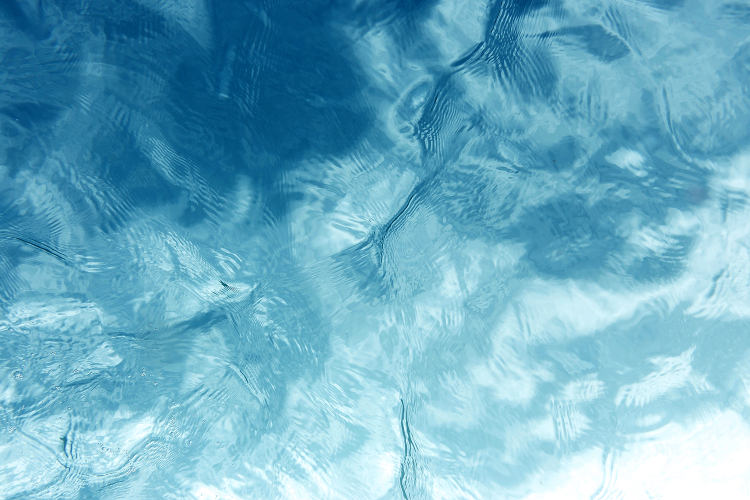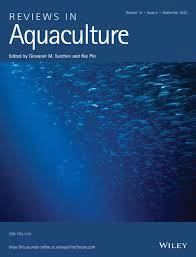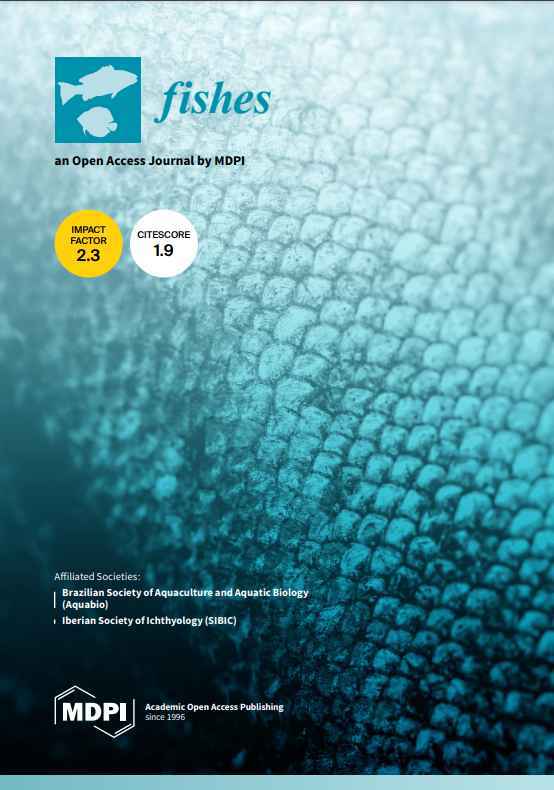Integrated study on production performance and quality traits of European sea bass (Dicentrarchus labrax) fed high plant protein diets

Abstract
In the issue of fishmeal replacement, besides maintaining optimal growth, a key area of investigation for continuing to improve modern aquafeeds includes the evaluation of the effects of plant ingredients on fish quality. It is generally accepted that farmed fish quality can be influenced by the formulation of composition of their feed. Hence, the aim of the present research was to evaluate plant protein inclusion up to 84% of the overall protein content in an integrated study on growth and quality traits of European sea bass.
Three diets were formulated to contain increasing plant protein levels (50, 67 and 84%; 50PP, 67PP and 84PP, respectively), with fishmeal dietary levels at 30, 20 and 10%, respectively. No significant differences due to reducing fishmeal content were observed after 118 days in terms of growth (final body weight and specific growth rate) and feed intake, even though a trend towards lower growth performance at higher fishmeal replacement levels was observed. Fish fed diet 50PP showed lower feed conversion rate in comparison to those fed diet 84PP, while no differences were recorded between diet 50PP and 67PP.
No significant differences among treatments were found in protein efficiency rate. On the contrary, fish fed diet 84PP showed lower gross protein efficiency in comparison to those fed diet 50PP and 67PP. No significant differences in biometric indices and fillet composition were observed. No significant differences were found in pH, liquid holding capacity and skin colour measurements between treatments, while regarding fillet colour, significant differences were found only for H°ab.
In conclusion, our findings demonstrated that dietary plant proteins up to 84% of the overall protein content had no effects on quality traits of European sea bass in comparison with 50% and 67%. All experimental groups showed similar growth even though 84% plant protein inclusion negatively influenced feed and protein utilisation.

